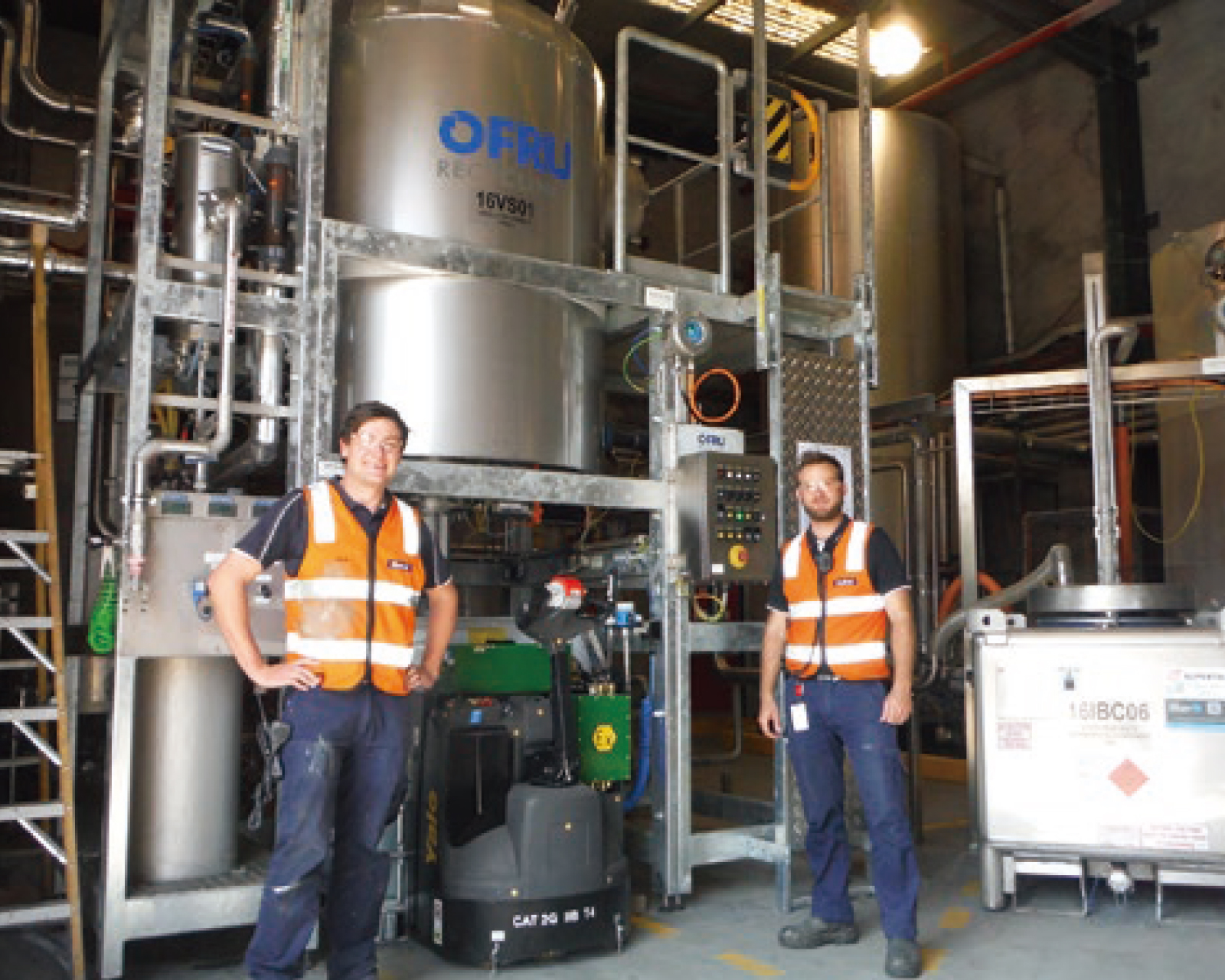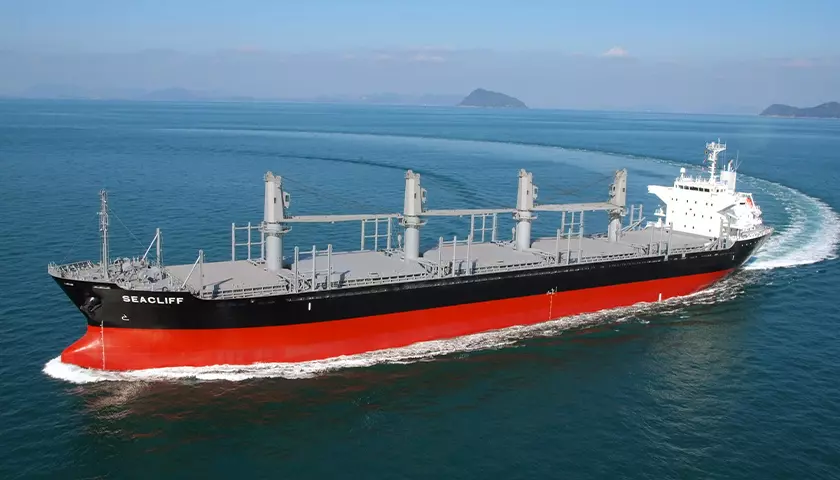Waste and resources
Given the stricter regulations on waste, rising cost of waste treatment and risks such as changing customer needs related to raw materials, we will strive to reduce environmental impacts through our product lifecycles and commit to reducing waste and effectively using resources.
Approach to waste and effective use of resources
The Group believes that the reduction of waste and effective use of resources are important for a sustainable business.
We have listed Resources and Environment as a materiality and we are committed to properly managing waste and effectively utilizing resources. Moreover, in order to achieve waste reduction and effective utilization of resources across the entire Group, the Global Working Team (currently the Global Team) under the ESG Committee established a global policy on the reduction of waste and effective utilization of resources in 2021.
Specific initiatives will be implemented based on this policy.
We proactively reduce waste through a "Reduce, Reuse, Recycle" philosophy and comply with laws and regulations in each country/area including managing hazardous waste responsibly.
Based on a new group policy formulated in 2023 regarding “Resources and Environment,” a materiality theme, we will continue striving to prevent pollution of air, soil, and water.
Initiatives aimed at reduction of waste and zero emissions
We believe reducing waste and effectively using resources are important for sustainable business operations, and are taking steps to properly manage waste and effectively use resources.
For instance, NIPSEA Group accounts for a significant proportion of the Group’s total waste generated. To manage this effectively, NIPSEA Group has introduced an information management system that enables them to carry out environmental performance assessments and pollutant emission index forecasting to identify areas for improvement. This system also keeps them up to date with annual pollutant discharge statistics, coupled with an automated function to calculate environmental taxes, in accordance with the latest guidelines and information released by the Chinese government.
Dunn-Edwards participates in the PaintCare program which receives and recycles left over paint. This program is operated in the PaintCare states including California and Oregon based on fees collected based on paint container size designated by each PaintCare state.

Case studies
Recovery of waste solvent at DuluxGroup
The DuluxGroup Rocklea manufacturing site historically created more than 500 kiloliters of waste solvent each year as a by-product of process equipment cleaning, before being disposed of via an external waste processing company for incineration. A new solvent recovery plant successfully constructed and commissioned at the site now enables 80% of the waste solvent to be reused, with the purchase of new cleaning solvent reduced by 86%.
Waste solvent from the factory process cleaning is transferred to the recovery plant’s distillation vessel which separates the solvent from paint process residues before it is transferred back to the factory for use as fresh cleaning solvent. Vapor emissions from the distillation process are also fed through a bio-filter, minimizing emissions to the environment.
Recovery of waste solvent
Actions for reducing waste and effectively using resources in Japan
In Japan, the Group uses an integrated waste material management system compatible with the electronic manifest system based on the idea that waste reduction and effective use of resources are important for sustainable business operations. We make Group-wide efforts to reduce waste such as management of waste generation and proper disposal and effective use of waste generated.
Waste materials generated increased in FY2021 due to the increase in production volume from FY2020.
The recycling ratio increased from FY2020, and we will continue to promote recycling. The Plastic Resource Circulation Act took effect in April 2022. The Group falls under plastic-emitting business operators, and therefore will step up actions for reducing emissions and recycling.
While the number of leakages decreased, there were two accidents involving leaks outside of the premises. In both cases, prompt response prevented impacts to water and soil. Following the change in the classification of accidents from FY2020, the data on accidents have been updated.
Targets and results for reduction of waste and effective use of resources
Activities to reduce waste and effectively use resources are managed through Responsible Care activities. For FY2021 targets and results, see the Environmental and safety management page.
For details on hazardous waste emissions, see the ESG Data page.
Management of polychlorinated biphenyl (PCB) waste
We strictly control PCB waste, which is highly hazardous and negatively impacts human health and the environment, at storage facilities in accordance with the Waste Management and Public Cleansing Act and the Act on Special Measures concerning Promotion of Proper Treatment of PCB Wastes. This waste is always disposed of by the deadline.
Hazardous waste emissions
We recognize specially controlled industrial waste (materials that are explosive, toxic, infectious, or having other properties that may harm human health or the environment; flammable waste oil, strong acid, strong alkali, specified hazardous industrial waste) defined under the Waste Management and Public Cleansing Act as hazardous waste and control these emissions.
For details on hazardous waste emissions, see the ESG data page.
Other initiatives—participation in industrial associations
As part of our initiatives to reduce environmental pollution and waste, the Group is a member of the Japan Chemical Industry Association (JCIA) and Japan Paint Manufacturers Association (JPMA).
Specifically, we keep track of the performance indicators of target substances subject to the voluntary survey conducted by JCIA, including air load, water quality load, water usage, and effluent amount.
In addition, we are cooperating with the assessment of actual efforts in environmental conservation within the paint industry by responding to the safe environmental management performance survey conducted by JPMA (energy, CO2, waste, PRTR, VOC).
Moreover, we also promote the reduction of waste and recycling of materials in accordance with the Voluntary Action Plan for Establishing a Sound Material-Cycle Society put forth by Keidanren, as well as complete follow-up surveys.


